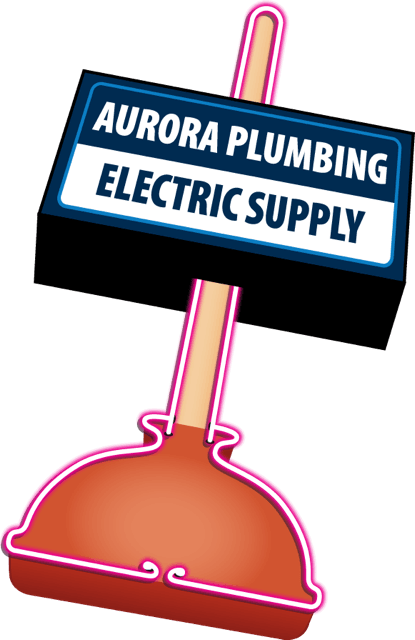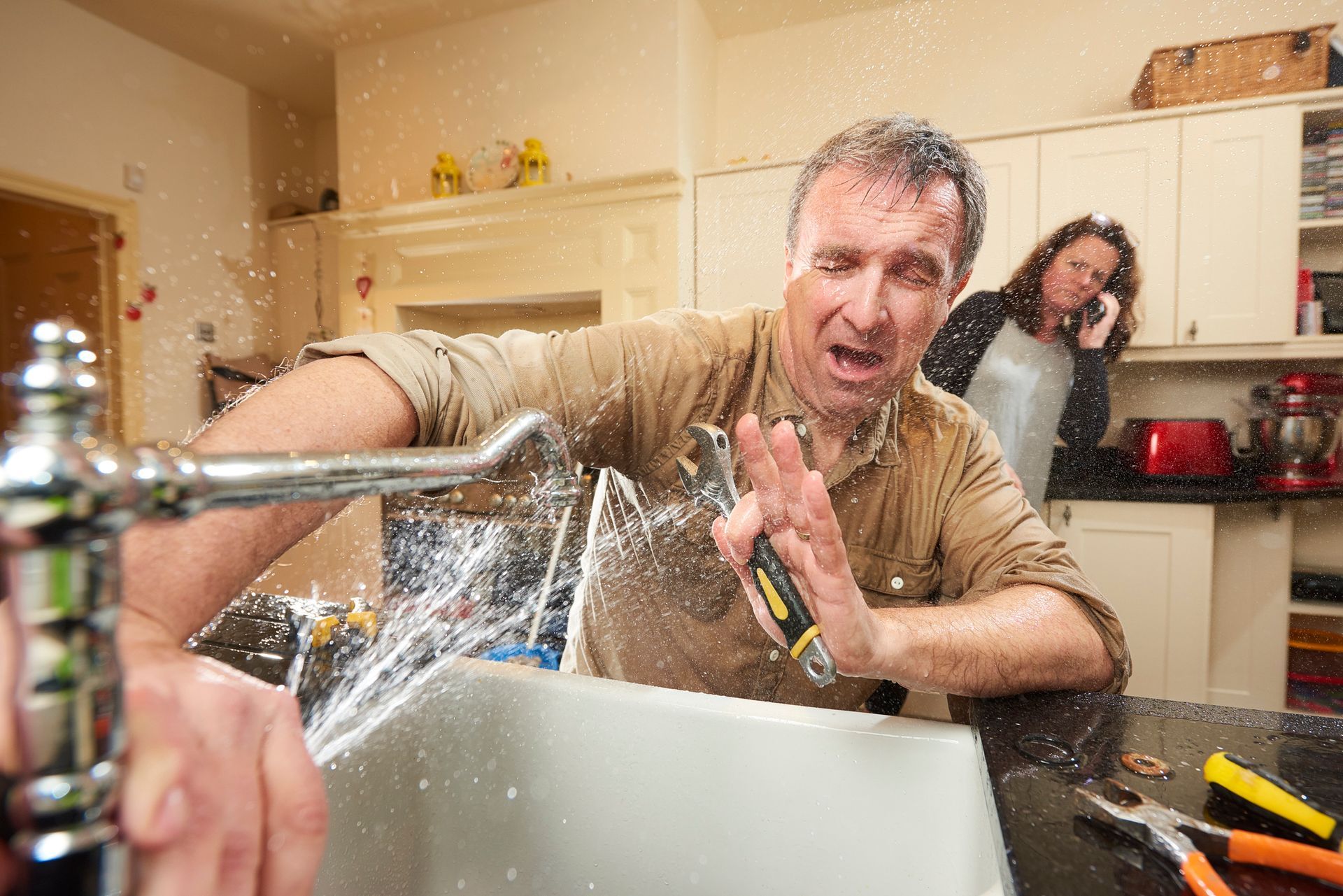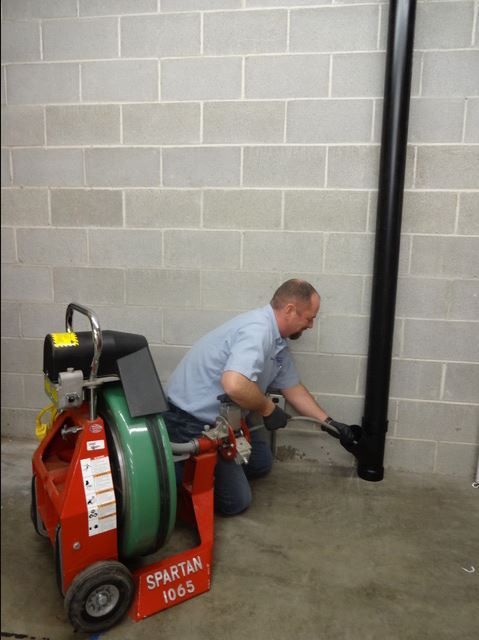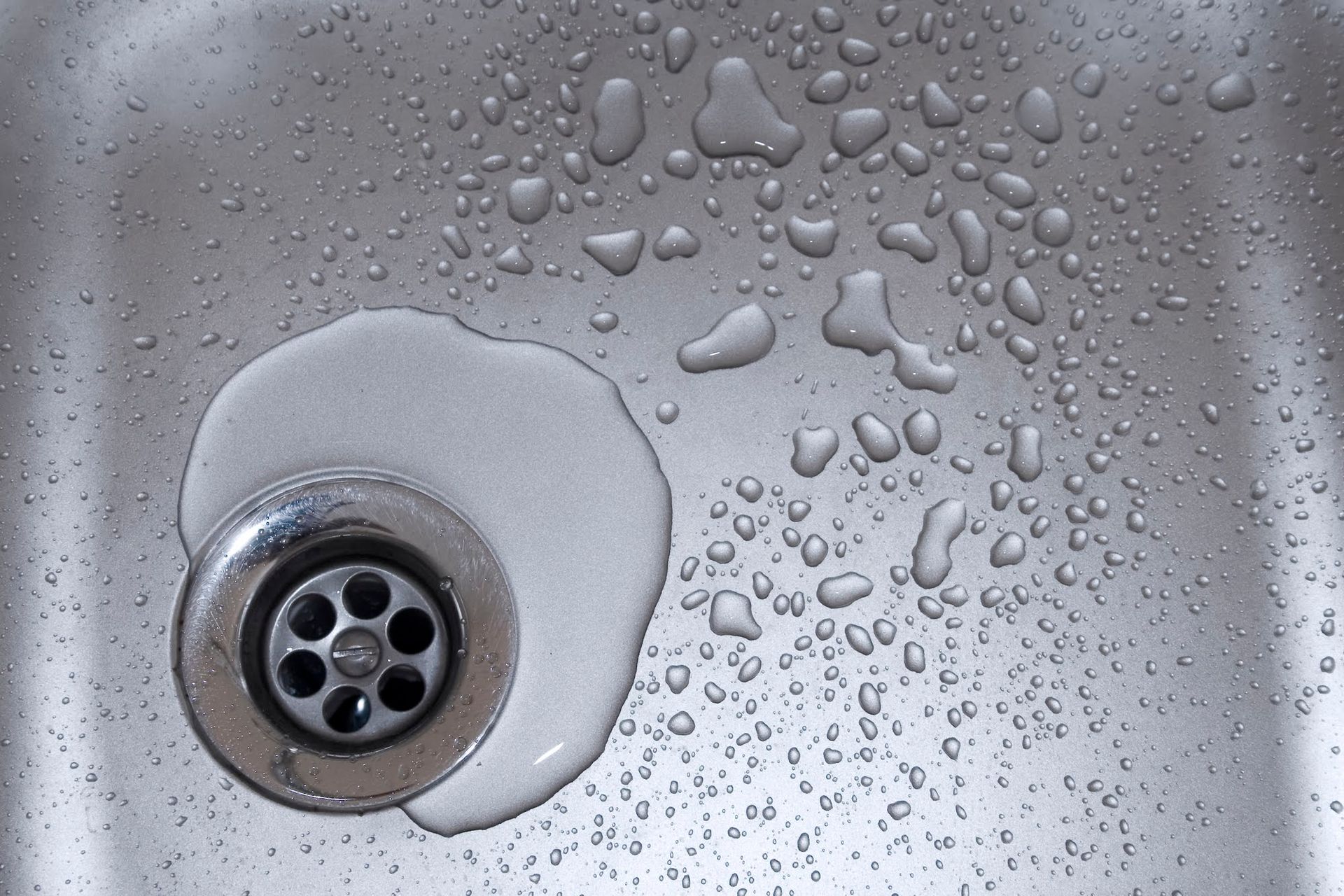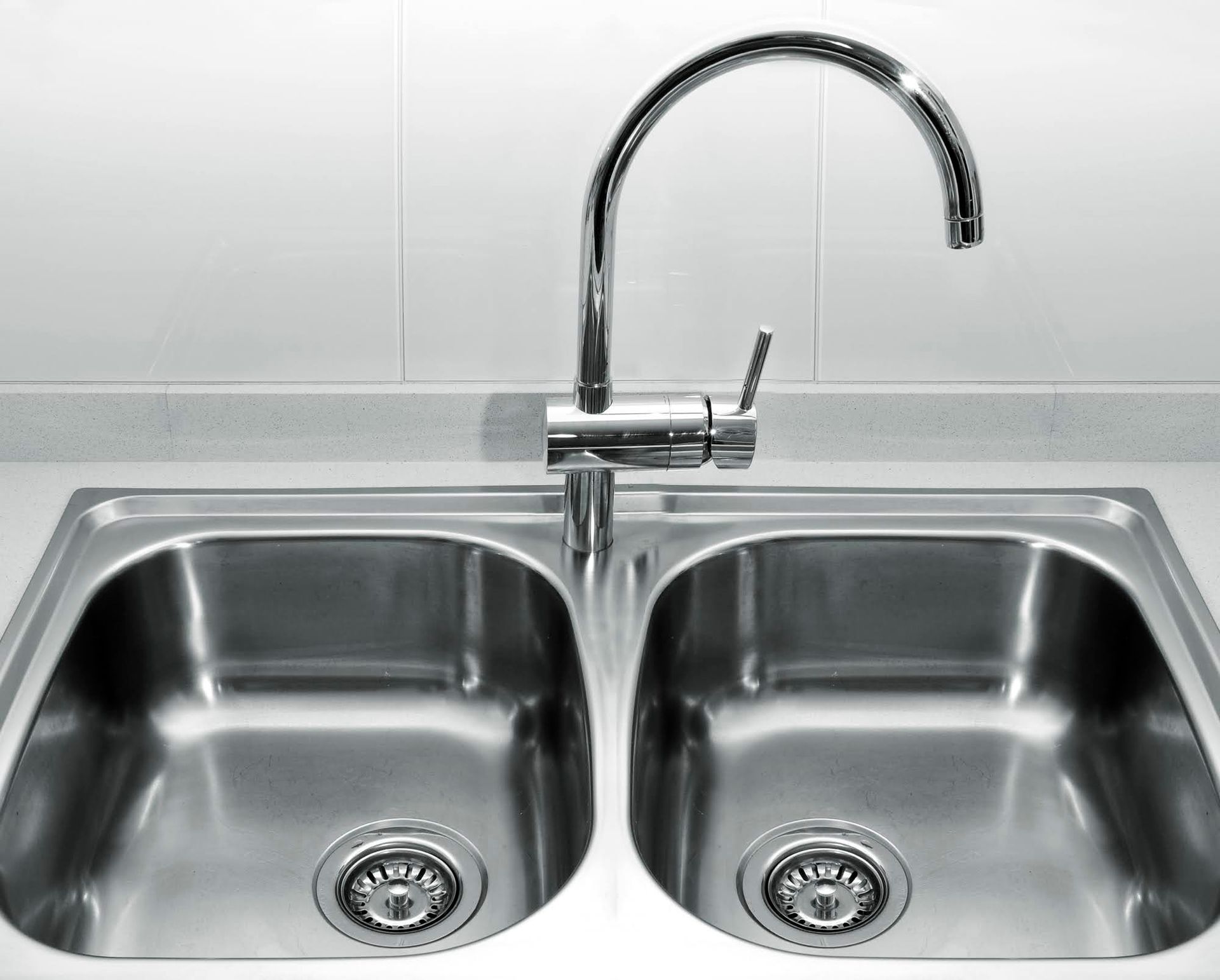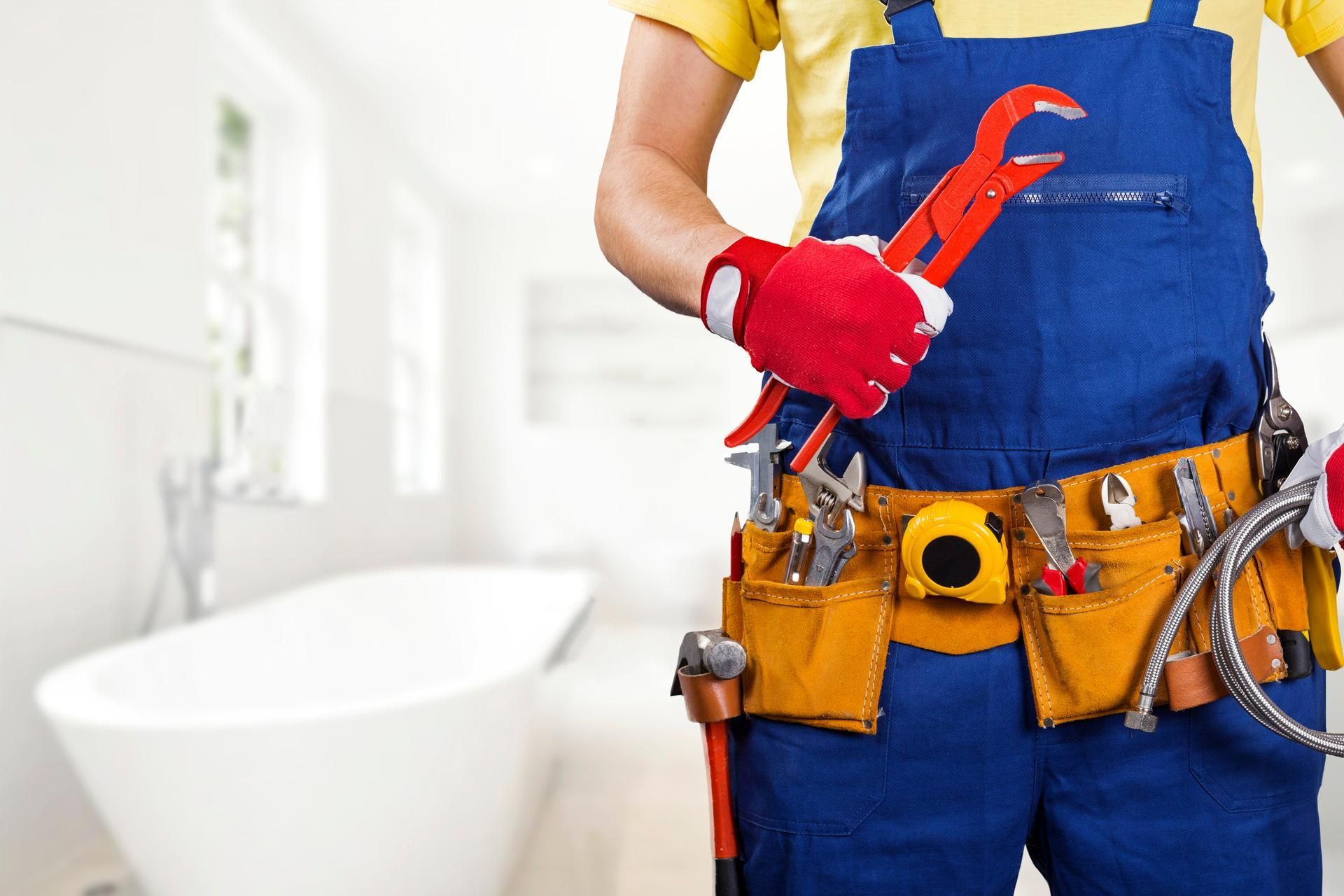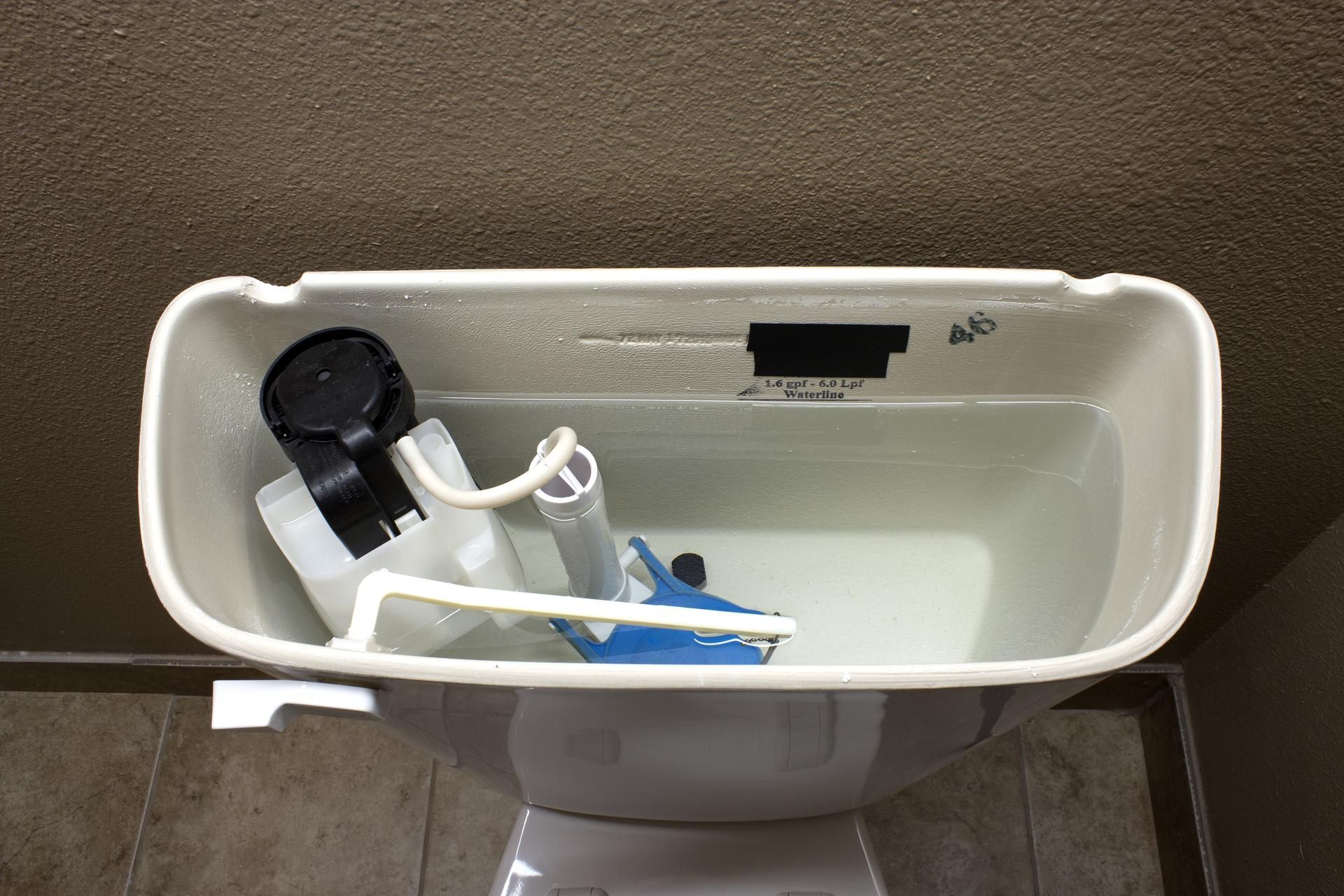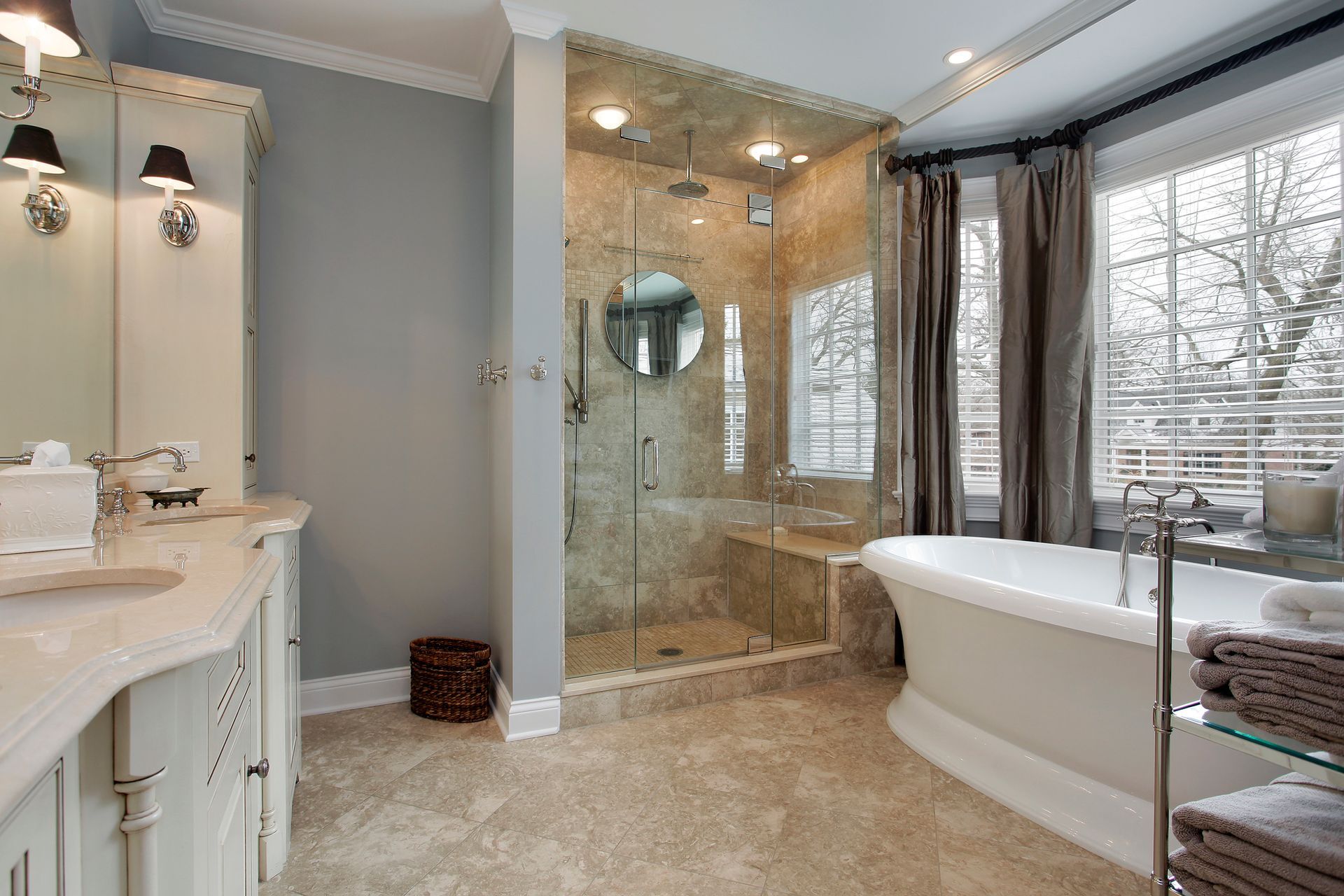Causes and Fixes for Plumbing Smells
Admin • October 7, 2020
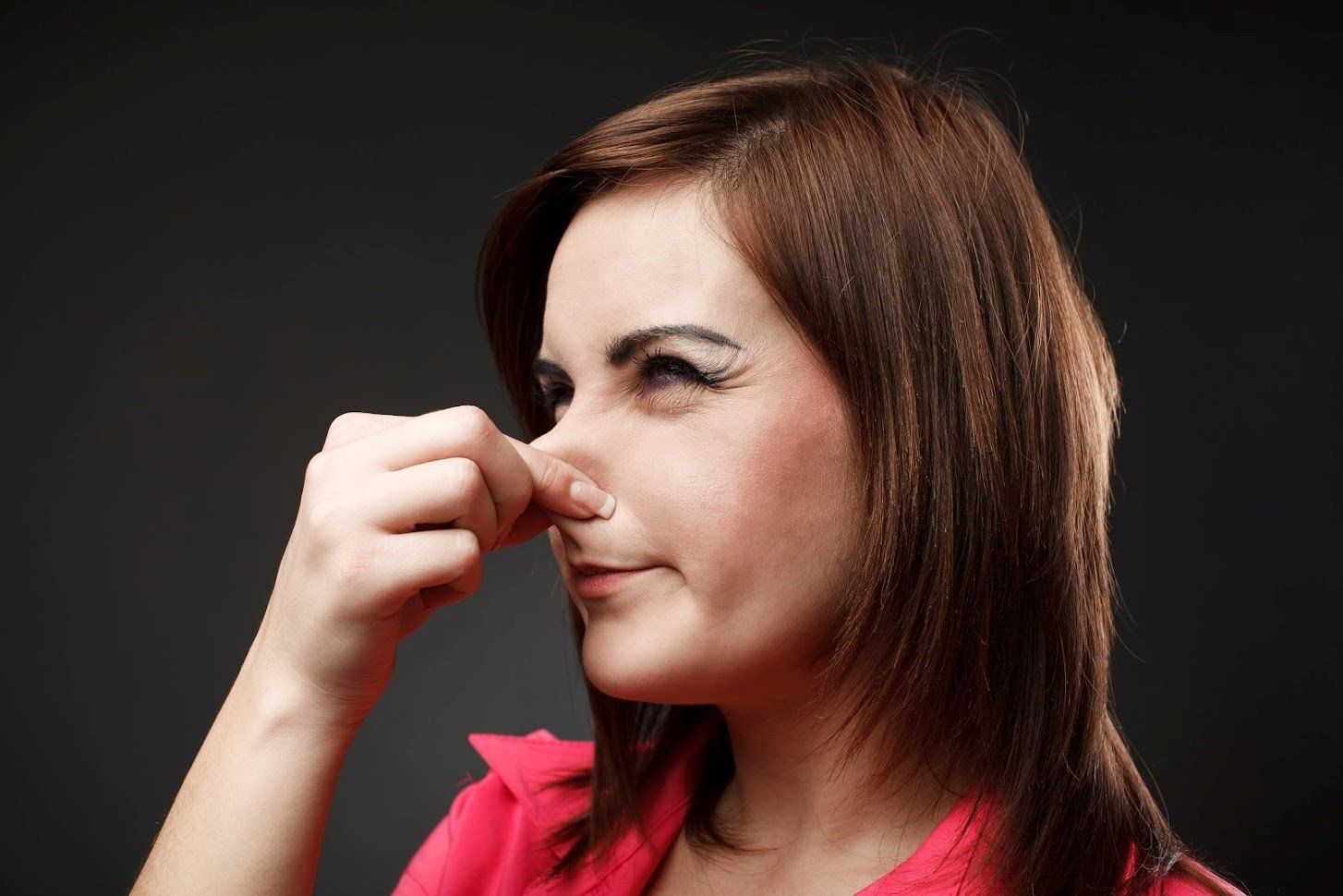
A good, clean plumbing system should not smell. However, problems with your plumbing system can fill your house with smelly gases. Fortunately, you can easily deal with these smells if you know their triggers. Below are some causes and solutions for plumbing smells.
Drain Debris
Ideally, your wastes should flow through the drains and out of the house. If wastes are stuck within the drains, they encourage bacterial growth. The bacteria decompose the wastes, and the resultant gases stink up your house.
The solution is to keep your drains flowing at all times. Discover some tips to prevent drain blockages:
• Watch what you send down the drain. For example, oil, food remains, and wastepaper should not go down the drain.
• Flush your drains regularly. Hot water, vinegar, and baking powder work well.
• Don't rely on drain chemicals.
Contact a professional plumber if you can't get rid of drain blockages.
Plumbing Leaks
Plumbing leaks can trigger bad odor in three main ways:
1. The leaks can encourage mold growth, especially if they occur in hidden places. The mold will fill your house with a musty odor.
2. The leaks can trigger structural rot, for example, of wooden parts of the house.
3. Waste leaks, such as toilet leaks, can fill your house with sewer odor.
The following tips should help you prevent the leaks:
• Use a pressure regulator to ensure a safe water pressure.
• Prevent pipe freezes during the cold season, for example, by maintaining the right temperature even while away.
• Replace deteriorated or corroded pipes before they leak.
Accidental leaks are rare. Most leaks occur gradually, and you can control them with preventive maintenance.
Dry P-Trap
The P-trap, a U-shaped pipe that connects to open drain lines, prevents sewer or drain gases from backing up into the house. The P-trap should always have some water for it to work. The P-trap can dry if you don't use it for long, and drain gases will reach the house.
Never let the P-trap dry. Even if you don't use your plumbing (for example, if you have unused plumbing), pour some water down the drain regularly so that the P-trap doesn't dry out.
Venting Problems
Plumbing vents bring in fresh air into the drains and allows waste gases to escape. The vents also provide the pressure to push liquid wastes down the drain. The waste gases won't escape your house if something blocks or damages the vents. The same thing will happen if you have improperly sized vents.
Ensure a professional contractor designs and installs your vents. Maintain the vents to ensure they are always open to allow waste gases to escape. Inspect the vents regularly since bird nests, rodents, or even windblown debris can block them.
Biofilm Buildup
Biofilm is a mixture of microorganisms — mainly bacteria — and organic materials. You probably recognize biofilm as slime or muck. Biofilm typically forms in moist areas, especially moist areas with organic waste. For example, biofilm may form inside plumbing pipes, toilets, drains, showers, and even appliances such as food dishwashers.
The byproducts of bacteria and the decomposition process they trigger on the wastes can stink up your house. The best way to deal with biofilm is to regularly clean your plumbing system and appliances.
The tips above should help you keep your plumbing system clean and odorless. However, plumbing smells have many and varied causes, and some are difficult to eliminate. Consult a professional plumber if you have such stubborn smells.
Aurora Plumbing & Electric, a fully licensed plumbing company, can help you deal with plumbing odors or other plumbing issues. Contact us
today for a quote so that we can help you as soon as possible.

